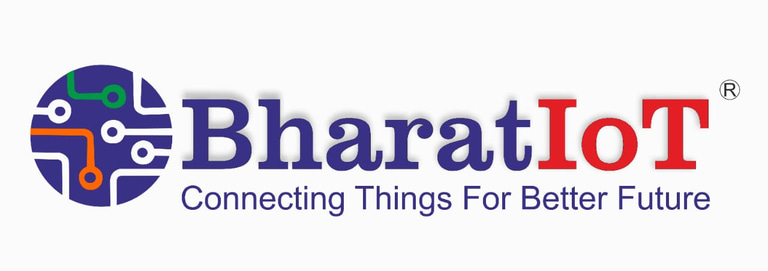Industry standard for embedded c
Embedded systems are becoming increasingly prevalent in today's world, and with that, the need for safe and reliable programming practices in embedded systems is becoming more important. One of the most commonly used programming languages in embedded systems is C, and as such, there are several industry standards that have been developed to provide guidelines for the safe and reliable use of C in embedded systems.

Embedded systems are becoming increasingly prevalent in today's world, and with that, the need for safe and reliable programming practices in embedded systems is becoming more important. One of the most commonly used programming languages in embedded systems is C, and as such, there are several industry standards that have been developed to provide guidelines for the safe and reliable use of C in embedded systems.
The first industry standard for embedded C programming is MISRA C. Developed by the Motor Industry Software Reliability Association, MISRA C provides a set of guidelines for the safe and reliable use of the C programming language in embedded systems. These guidelines cover a wide range of topics, including variable naming conventions, use of pointers, and the use of preprocessor directives. Adhering to these guidelines can help to reduce the risk of errors in embedded systems and improve the reliability of the software.
Another industry standard for embedded C programming is CERT C. Developed by the SEI (Software Engineering Institute) at Carnegie Mellon University, CERT C provides a set of guidelines for secure coding in the C programming language. These guidelines focus on reducing the risk of software vulnerabilities in embedded systems and cover topics such as input validation, memory management, and error handling.
In addition to these standards, there is also JSF AV C++, which is developed by the Joint Strike Fighter program and provides guidelines for the use of C++ in avionics systems. AdaCore, a company that provides tools for developing safety-critical and mission-critical software, has also developed a standard that provides guidelines for the use of C and C++ in safety-critical systems.
Finally, ISO/IEC TS 17961: C Secure Coding Rules is a technical standard for the C programming language that provides a set of guidelines for secure coding and aims to reduce the number of software vulnerabilities in C code.
It's important to note that these standards are not mutually exclusive and are not mandatory to follow. However, they are widely recognized and recommended by industry experts and organizations. Adhering to these standards can help to improve the reliability and security of embedded systems, and can also help to reduce the risk of errors and software vulnerabilities.
Embedded systems are becoming more and more prevalent in today's world, and with that, the need for safe and reliable programming practices in embedded systems is becoming more important. Industry standards such as MISRA C, CERT C, JSF AV C++, AdaCore and ISO/IEC TS 17961 provide guidelines for the safe and reliable use of C and C++ in embedded systems, and can help to improve the reliability and security of embedded systems.


Contact us
Whether you have a request, a query, or want to work with us, use the form below to get in touch with our team.
